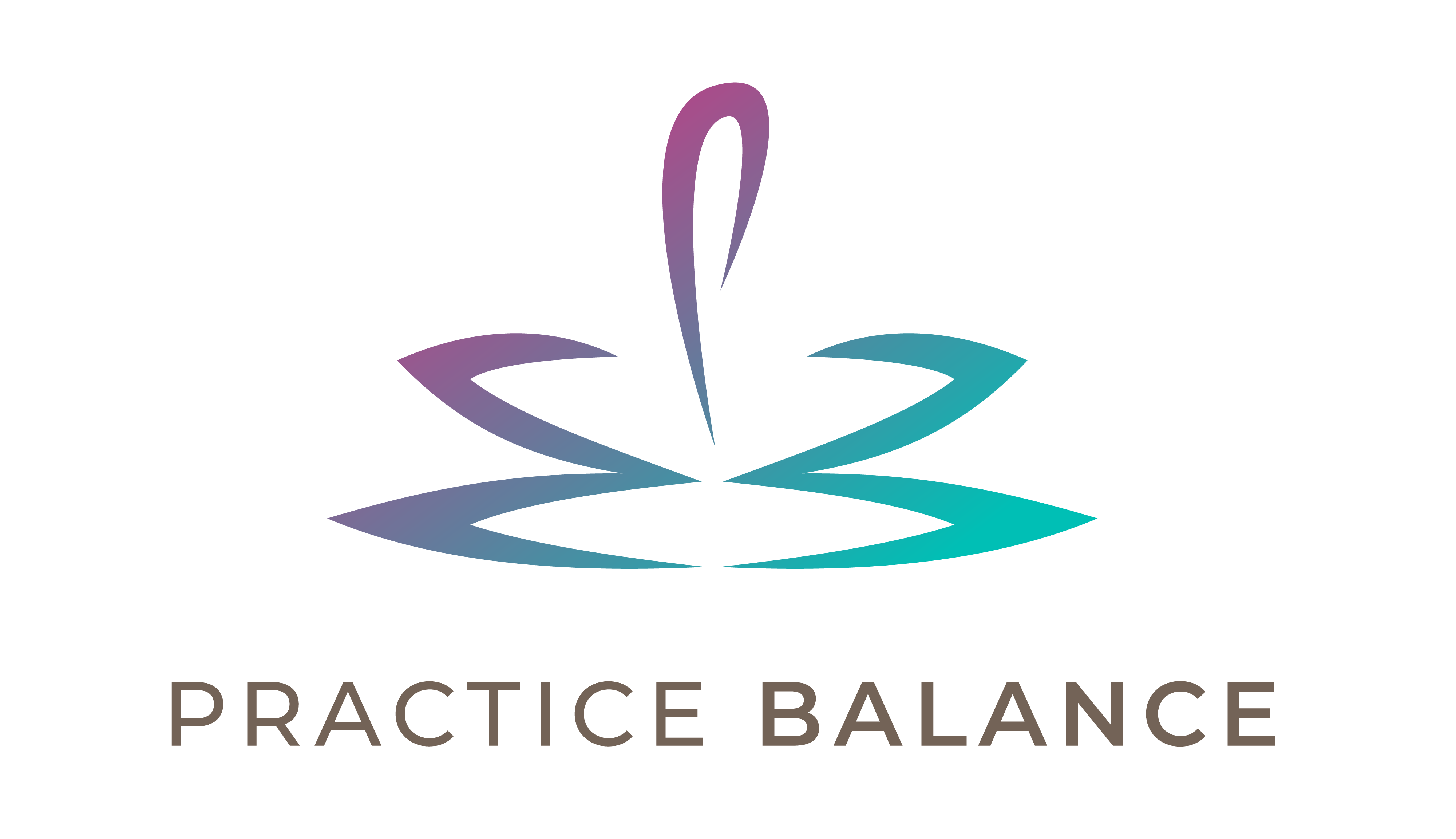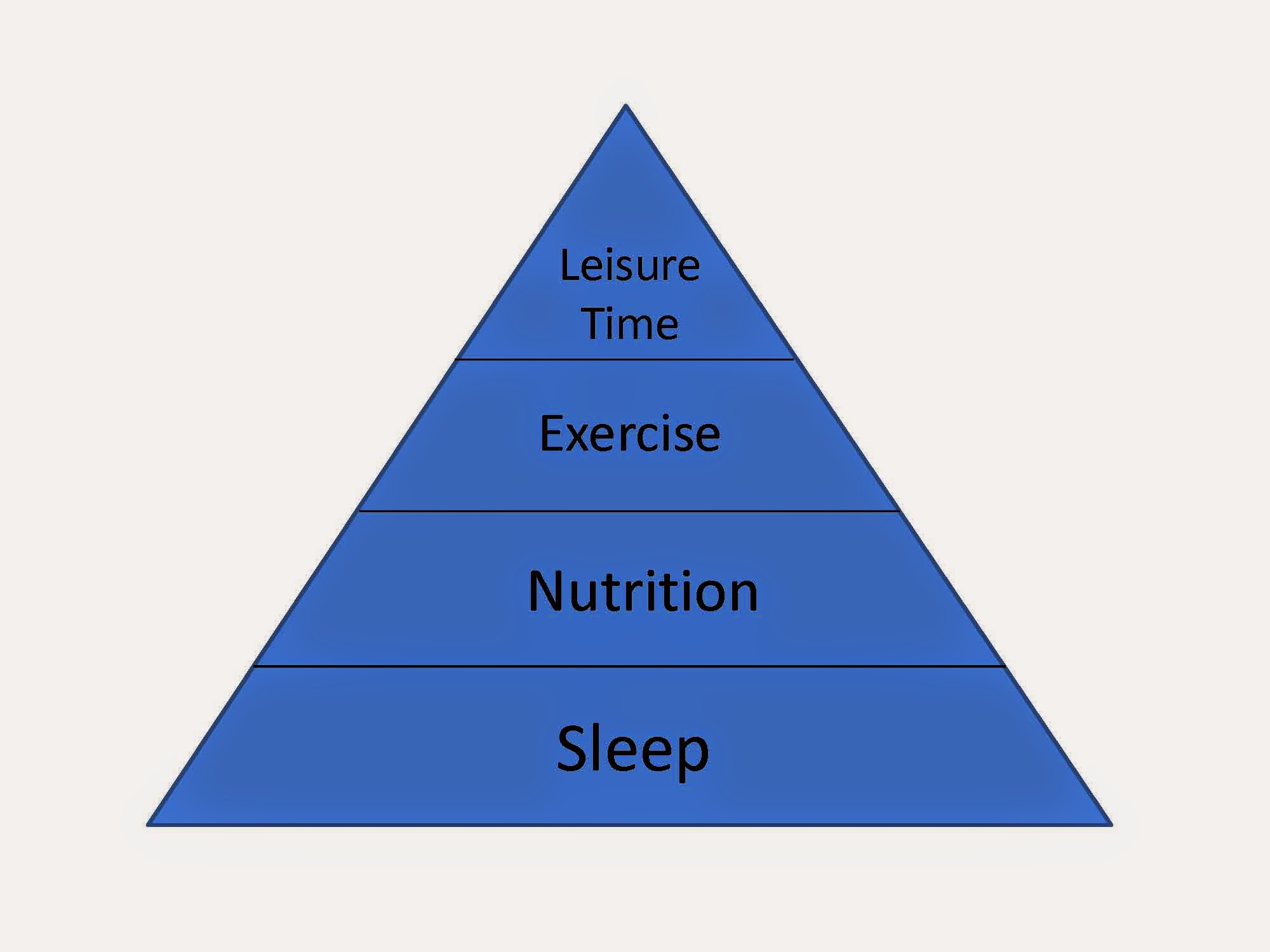
Are you an introvert or an extrovert? This question has been discussed in books, articles, and social media recently, as the answer can affect big factors in our lives: how we conduct business, the success of our relationships, parenting style, and what kind of job we would be most happy doing.
The conventional thinking of an introvert as “shy” and an extrovert as “outgoing” is too superficial. It is actually more appropriate to describe an introvert as one that gains energy from solitary activities, while an extrovert is one that gains energy from being around others. The opposite on both sides is true; introverts tend to lose energy from being in crowds, while extroverts lose energy from being by themselves. Of course, none of us exhibits traits on entirely one end of the spectrum between introvert and extrovert. Sometimes introverts do “extroverted” things like go to parties or give speeches, and vice versa.
But are you one of those people who regularly does something (for work or otherwise) that’s “out of your element”? Are you an introvert working in sales, are you an extrovert who programs computers, etc.? I definitely lean toward the introvert side of things, but I am not always out of my element at work. Because the workdays are so varied, being an anesthesiologist requires a balance between introversion and extroversion. Sometimes I care for only one patient in a long case, quietly monitoring and administering anesthesia for the entire workday. A true extrovert could find that type of day particularly draining. Conversely, on a day with six quick cases, I have to be constantly “on” when interacting with multiple patients, nurses, surgeons, etc. I go home feeling a bit more fatigued on those days, and the last thing I want to do is go to a dinner party or a meeting. These opportunities sometimes arise, but often I end up saying no to them. (Having an introvert for a husband helps!)
In the book Quiet: The Power of Introverts in a World That Can’t Stop Talking, Susan Cain gives an example of a beloved professor. Despite being a classic introvert, he is well known for his engaging lectures. He gives these lectures in the mornings and the afternoons, but in between, he must retreat to a silent place to “recover”. At one point, he was asked by a superior to spend his lunch hour in a recurring meeting, but he declined, citing some sort of made-up need to research ships in the harbor (i.e., go sit in the park alone).
That’s good self-care! He knew himself well enough to realize that he required silent time to recharge and thus should not sandwich in another activity that was clearly out of his element. This would cause both undue stress and degeneration of the quality of his lectures. If you lean toward one personality type and you are frequently performing activities that are on the other side of the spectrum, then you are going to need extra self-care and de-stress opportunities during those times. How this is achieved is up to you. What’s in your black bag?
Don’t know which type you lean toward in the first place? Check out Cain’s 12-question quiz on her website. There are others out there in a similar vain, and you can always take a Myers Briggs test (as I discussed here) as well. This excellent Fast Company article summarizes the differences between the types and gives advice on how to care for introverts vs. extroverts (more from a management perspective, but could be applied outside of work situations).
Does this change how you think about something important that you regularly do or participate in – your work, a hobby, etc.? How do you recover when these pastimes are out of your element? Share your thoughts here!


 Self-Care Triage
Self-Care Triage

I'm about 100 pages into this book and I'm loving it so far. I'm definitely an introvert but most people don't think I am. I'm a lot more outgoing now than I was a few years ago, but still very much an introvert at heart!
Thanks, Tara! My husband read it first and gave me the inspiration to write this. I am like you – a mix but introvert at heart.